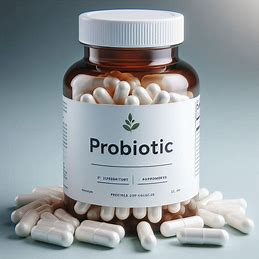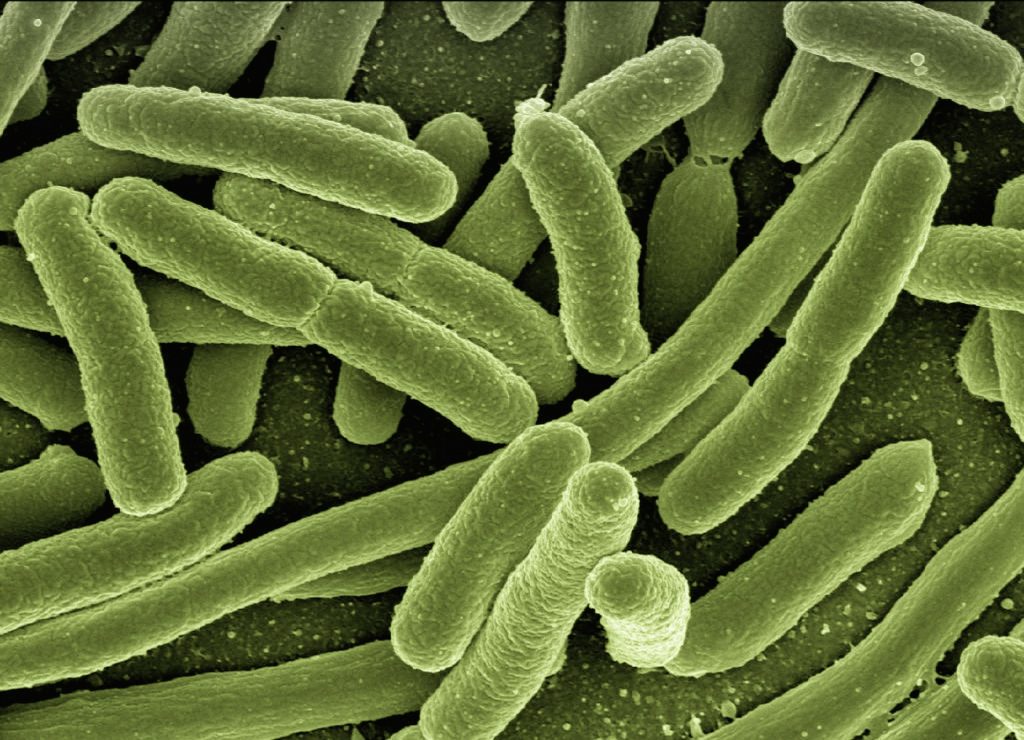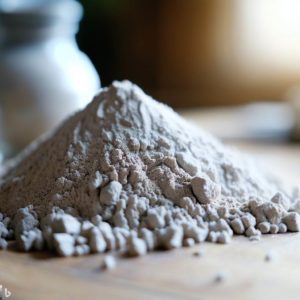The Health Benefits of Probiotics

Our gastrointestinal tract contains trillions of bacteria that are collectively known as the gastrointestinal microbiome or gut flora. Active research continues to refine our understanding of the effects of these bacteria in health and disease.
Taking probiotic supplements that contain bacteria that are commonly found as a part of the microbiome can help with a number of different health conditions. Current research suggest that probiotics may help with:
- Gastrointestinal health
- Immune function
- Allergies
- Mental health
- Heart health
- Weight management
Probiotics and Gastrointestinal Health
Irritable Bowel Syndrome
Probably the most obvious use for probiotics is for their support of gastrointestinal conditions. Irritable bowel syndrome is a condition where an individual has abdominal pain combined with constipation or diarrhea. A recent meta-analysis from 2023 concluded that probiotics have therapeutic value for treating irritable bowel syndrome (Zhand 2023). Overall, probiotics improved symptoms in 64% more patients than placebo. Pain reduction was 69% greater with probiotics as well. Higher doses of probiotics using mixed strains, or probiotics containing Bifidobacteria, Lactobacillus, or Saccharomyces were most effective.
Inflammatory Bowel Disease
For inflammatory bowel disease, there is less research, but what we have suggests a more nuanced picture. For Crohn’s disease, a type of inflammatory bowel disease, studies suggest that probiotics may not be of benefit. However, for ulcerative colitis, studies have found increased remission and reduced disease activity with probiotic supplementation (Zhou 2024).
Constipation
In adults with chronic constipation, probiotics may also be of benefit. A recent analysis of the research found that specific probiotic strains could increase stool frequency with just over half of patients responding to treatment (van der Schoot 2022). Bifidobacterium lactis, Bacillus coagulans and Lactobacillus casei Shirota had the strongest evidence for benefits.
Probiotics and Immune Function
Being sick with a respiratory tract infection, like a cold or influenza, can disrupt a person’s normal routine. A large analysis of almost 7,000 individuals found that probiotics can reduce the incidence of respiratory tract infections by around 18% (Zhao 2022). The duration of the infections were also reduced by over one day on average with regular probiotic use.
Probiotics and Allergies
Atopic Dermatitis (Eczema)
As an allergic condition, atopic dermatitis or eczema, causes itchy, inflamed skin. For treatment of atopic dermatitis, probiotics have shown potential benefits, however, the benefits appear to be strain specific (Husein-ElAhmed 2023). The probiotics that appear to work best based on the latest evidence include Lactobacillus salivarus and Lactobacillus acidophilus.
Allergic Rhinitis (Hay Fever)
Hay fever, or allergic rhinitis, is a condition where the nose can become inflamed, congested and itchy upon exposure to an allergen. Probiotics have been shown to reduce the symptoms and increase the quality of life in individuals that suffer from allergic rhinitis (Liu 2023).
Probiotics and Mental Health
Depression
One of the most common causes of disability worldwide is depression. And unfortunately, current medications are not overly effective and come with side effects and withdrawal concerns.
In studies of patients struggling with depression, probiotics have been shown to significantly alleviate symptoms (Zhang 2023). The benefits have been documented in patients with both mild and moderate cases of depression.
Anxiety
Studies on anxiety are not as robust but still indicate that probiotics likely have a modest impact on reducing anxiety symptoms (Zhao 2023).
Probiotics and Heart Health

As a treatment, probiotics also appear to have benefits for improving heart disease risk factors. Elevated fats or lipids in the blood, like triglycerides and cholesterol, can increase the risk for heart disease. In a meta-analysis of the published studies, probiotics were found to lower triglycerides, total cholesterol and LDL or “bad” cholesterol (Ghorbani 2023). Probiotics may also cause a slight decrease in levels of HDL or “good” cholesterol. The strongest evidence is from studies in diabetics and patients with metabolic syndrome, a constellation of high blood pressure, obesity, elevated lipids and blood sugar problems.
Probiotics and Weight Management
Research into the effects of probiotics on weight management is extensive. One recent analysis included 200 clinical trials with over 12,000 patients (Saadati 2024). While the benefits are modest, they aren’t insignificant. On average, individuals struggling with weight issues lost over two pounds of fat from taking probiotics. They also reduce their waist circumference by almost half an inch.
Conclusion
Probiotics have been shown to have a number of benefits, from improving digestive function to helping with weight loss, among others. In general, higher doses appear to have more robust effects. Benefits of probiotics are somewhat varied based on the species and strain of the included bacteria. As probiotic research continues, it will likely become clearer which types of probiotics maximize the benefits for different health conditions.



